19 May How the New Snowbird Rules Might Affect YOU!
Recently, there has been discussion of the new snowbird visa that is pending in a new US immigration law. This new visa status would allow foreigners to spend up to 240 days annually in the US as opposed to the current 180. While most people are celebrating this potential change, there are very few people examining what this will mean for snowbirds & US taxes. By using the additional days that would be allowed to them, many Canadian snowbirds may find themselves within the grasp of the IRS and find themselves liable to US taxes. In addition to the US tax problem, this may also result in people losing their provincial health care coverage.
The first issue to cover is the US residency rules for tax purposes. There are 2 types of residency that can trap Canadians and put them in the IRS line of fire.
1. Residency through the Substantial Presence Test:
The IRS has a formula to calculate residency for US tax purposes. It is composed of a 3 year rolling average, giving different weights to the number of days in each year. If according to the test, the result is 182 days or less, the individual is not a resident, however, if the result shows 183 days or more, then the individual is considered a US resident for tax purposes and is obligated to file a return. To see where you wind up, see the substantial presence test calculator on our website (http://www.ustaxesincanada.com/substantial-presence-calculator/). If someone is considered a resident under this test, which is pretty easy as it requires only 122 days annually in the US, there is a get-out-of-jail-cheap card available to you. This is the closer connection exemption. This exemption requires the filing of form 8840 annually. It is a simple form that essentially asks you to show the Americans that you can’t be considered a resident of the USA because you are really a resident somewhere else. File this form annually by June 15th and you can avoid any further US filing requirements. Failure to timely file this form can result in your being deemed a US resident for tax purposes for the year in question. Late filed exemption requests are not automatically accepted and can be costly to file. This isn’t pleasant but it’s a simple form and will result in the elimination of the requirement to file a US tax return other than this specific form. This option is available only to those who spent less than 182 days in the US in that calendar year.
2. Residency through the Canada-US income tax treaty:
This method of avoiding US tax is available to those people who spend 183 days or more in the US in a calendar year. It too will result in the substantial elimination of US tax liability. However, this comes with a huge IRS gotcha. In order to claim this benefit, you are required to file a complete US resident return and claim a treaty exemption. To do this, you will need to prove that you are genuinely a resident of Canada and not a resident of the USA. This might be difficult if you are spending 240 days annually in the USA. However, this will eliminate the tax on income earned outside the USA.
However, income taxes are usually not the problem facing Americans living abroad. The major problem is the myriad information returns that one must file and the treaty does not eliminate this. You will be required to file a complete US tax return for the year with all required attachments and schedules. This will result in needing an FBAR, 3520/3520A for your TFSA, 8891 for your RRSP, 8621 for mutual funds and whatever other forms that may apply to you. The cost of preparing this return can be substantial, plus the penalties for not filing in a timely manner can be terrifying as well.
So how does all this affect you specifically? If you are a snowbird, don’t leave your tax situation to chance. Your winter in Florida might cost you more than you can possibly imagine. The good news is that most of these problems can be avoided with proper planning. Don’t wait until it’s too late. Call us at 1-800-905-0380 or contact us through the website (www.ustaxesincanada.com) and schedule a free consultation with our tax professionals who will advise you as to what the optimal strategies are for you and how to avoid problems in the future.

Sorry, the comment form is closed at this time.